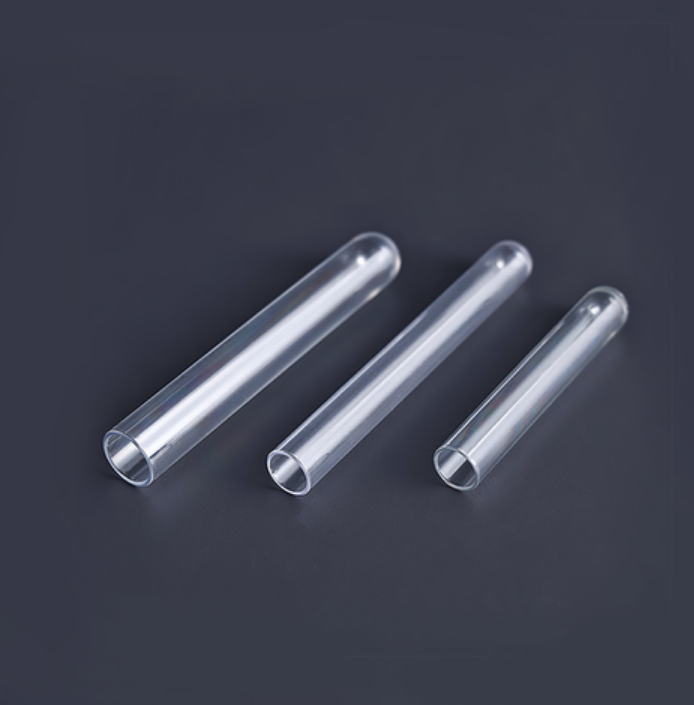Laboratory equipment is a diverse array of tools and instruments essential for scientific research and experimentation. These tools, ranging from glassware like beakers and flasks to plastic consumables such as pipettes and tubes, play a crucial role in conducting experiments, analyzing samples, and gathering data.
Precision, durability, and material considerations, whether it be glass for optical clarity or plastic for chemical resistance, are key factors in selecting the right equipment for specific laboratory applications.
Laboratory equipment, a cornerstone of scientific research, comes in various materials, with plastic and glass being two primary contenders.
Plastic Laboratory Equipment:
Plastic laboratory equipment, often crafted from polymers like polypropylene or polyethylene, offers a range of advantages. Foremost, plastic is lightweight, making it easy to handle and transport. This characteristic is particularly advantageous for fieldwork and applications requiring frequent equipment movement.
Durability and Impact Resistance:
Plastic equipment exhibits excellent durability and impact resistance. It can withstand accidental drops and impacts without shattering, making it a safer choice for certain applications, especially in teaching or research settings where accidents may occur.
Chemical Resistance:
One of the key strengths of plastic laboratory equipment is its resistance to various chemicals. Unlike glass, which may react with certain substances, plastic remains inert, ensuring that experimental outcomes are not compromised by unwanted interactions.
